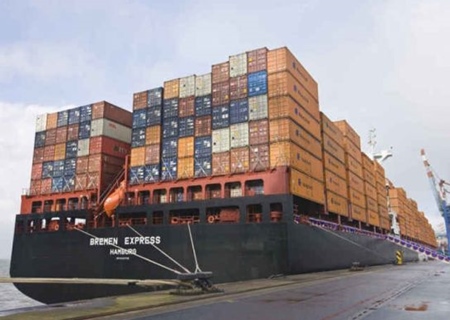BANGKOK, Feb 27 – Thailand’s exports last month reached the historic value of US$18.27 billion, a 16.09 per cent increase from the same period last year, a senior Commerce Ministry official said today.
Vatchari Vimooktayon, permanent secretary for commerce, said the figure implies that the country’s export situation is back to normal thanks to higher demand in the international market during the New Year and Chinese New Year celebrations.

Total exports to the core market was 15.5 per cent higher with an increase by 7.3 per cent for Japan, 16.7 per cent for the United States and 24.5 per cent for the European Union (15 member countries).
Exports also increased by 18 per cent in Southeast Asia, a high-potential market, and 74.1 per cent in Hong Kong, she said, adding that the second strongest potential market also exports expanding by 20.5 per cent, with Australia’s imports from Thailand rising by 44.4 per cent.
Exports in the industrial sector, mainly electronics and electrical appliances, automobile equipment and parts, was 20.9 per cent higher while the agricultural and agro-industrial sectors enjoyed an export growth of 7.2 per cent, mostly from rice, tapioca products, frozen food, canned and processed food, and frozen and processed shrimp.
Ms Vatchari said the country’s import volume in January was US$23.755 billion, 40.87 per cent higher with an increase in capital products by 36.4 per cent, automobiles and transport equipment by 70.3 per, auto equipment and parts by 76.4 per cent and sedans by 48.9 per cent.
The appreciating Thai baht has stimulated imports of heavy machinery and high technology machines while fuel imports have also increased by 61 per cent, she said.
Thailand’s trade deficit in January was US$5.49 billion.
She said the Commerce Ministry projected this year’s export growth at 8-9 per cent, or a total value of US$250 billion while the average Thai currency at Bt30.38 against one US dollar in January will not have a negative impact on the export sector.
She said the Commerce Ministry was not concerned with the over US$5 billion deficit in January since the import items were mostly capital products, gold and aircraft.




